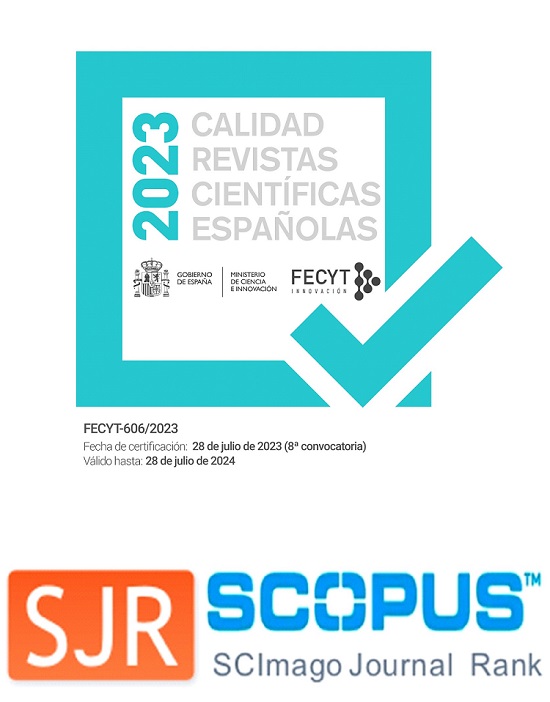‘Enormous’ crimes and torture ‘ex processu informativo’: A violation of the defendants’ rights?
Keywords:
Inquisitorial process; criminal justice; torture ex processu informativo; enormous/atrocious crimes; right of defence; ius communeAbstract
A basic rule of the inquisitorial process, derived from the ius commune, was that the accused had the right to carry out his/her defence before the torture, opposing the evidence collected against him/her by the judge. Already in the Middle Ages, however, in the criminal courts of the Italian communes the rule was not always respected by the judges with arbitrium. In Modern times, torture ex processu informativo established itself as an extra-ordinary power to proceed against those accused of extremely serious crimes, reserved for judges of the supreme courts, such as in Naples, Milan, Venice, Madrid and other states, where it was often exercised even by lower judges. This essay analyses the debates of the jurists, faced with this practice which subverted the defendant’s right of defence.
Downloads
Downloads
Published
How to Cite
Issue
Section
License
Creative Commons Reconocimiento-NoComercial-SinObraDerivada 4.0 España (CC BY-NC-ND 4.0 ES)



